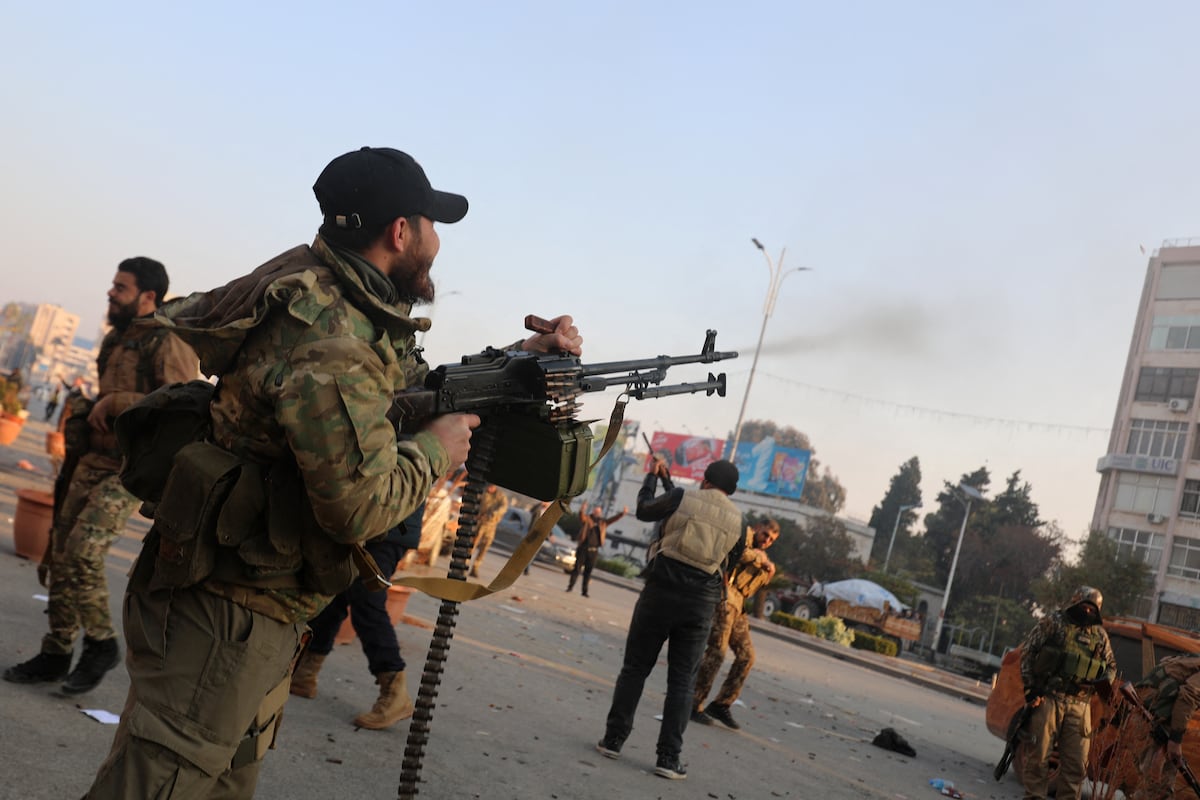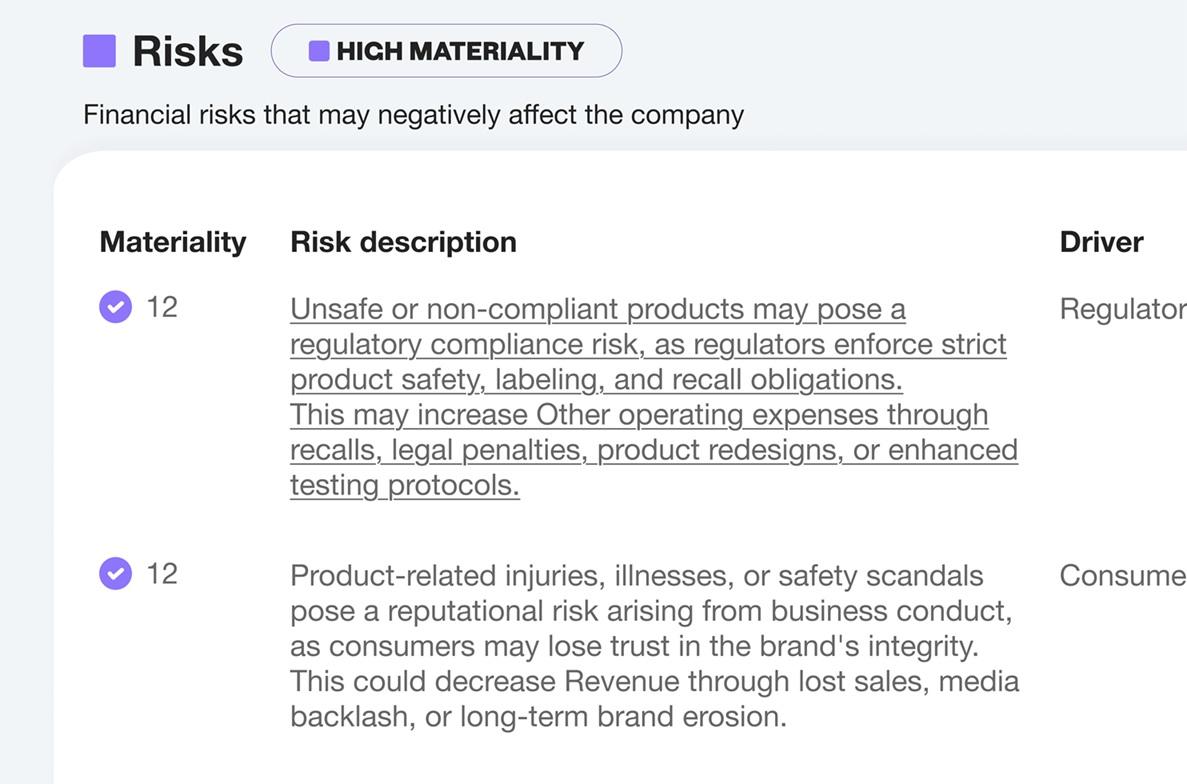The recent attack on a U.S. military base in Syria has raised significant concerns regarding the safety of American personnel deployed in the region. Three service members are currently undergoing tests for potential traumatic brain injuries following a strike near Military Support Site Euphrates, a location critical to U.S. operations against ISIS. The Pentagon's response, articulated by Maj. Gen. Pat Ryder, highlights the complexities of the operational environment, where U.S. forces are entangled with various local factions amid a backdrop of escalating violence. The attack's origins remain murky, with Ryder refraining from detailing whether it was a direct retaliation against U.S. support for local operations, underscoring the precarious nature of military engagement in a territory rife with competing interests.
The implications of this incident extend beyond immediate health concerns for the injured personnel; they reflect the broader challenges facing U.S. military strategy in Syria. With approximately 900 American troops in the country, the frequency of attacks—206 incidents since mid-October, including 125 in Syria—signals a troubling trend that complicates the fight against ISIS and raises questions about the effectiveness of U.S. deterrence. As the situation evolves, the Pentagon's assertion of acting in self-defense amid a chaotic landscape of Iranian-backed groups and Syrian military forces will be crucial in shaping future operational decisions and diplomatic engagements in the region.








